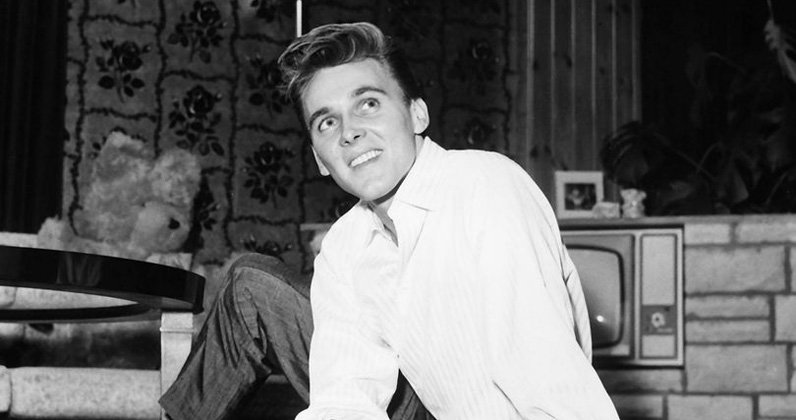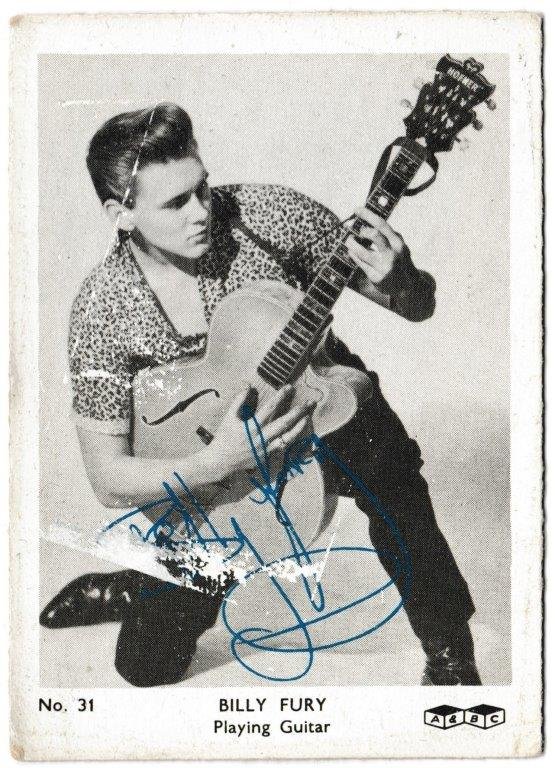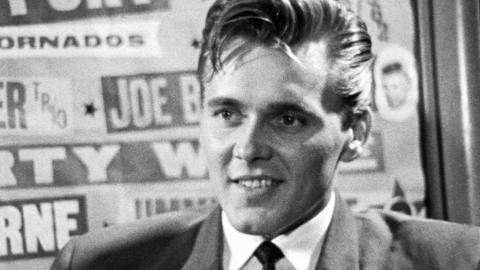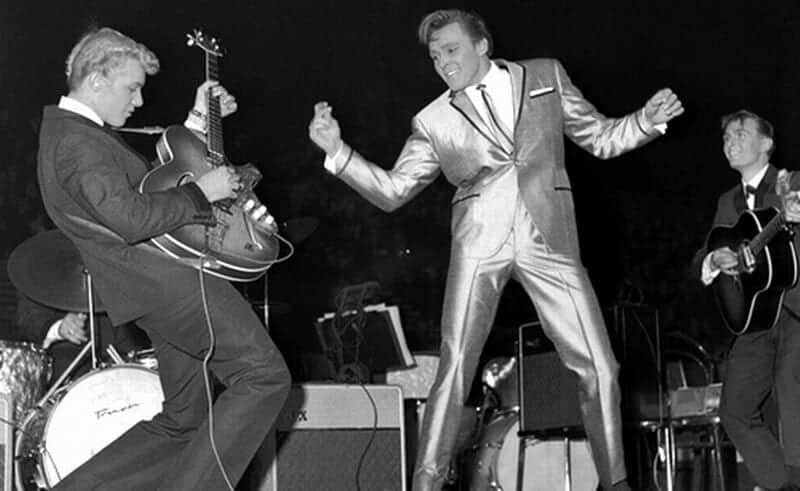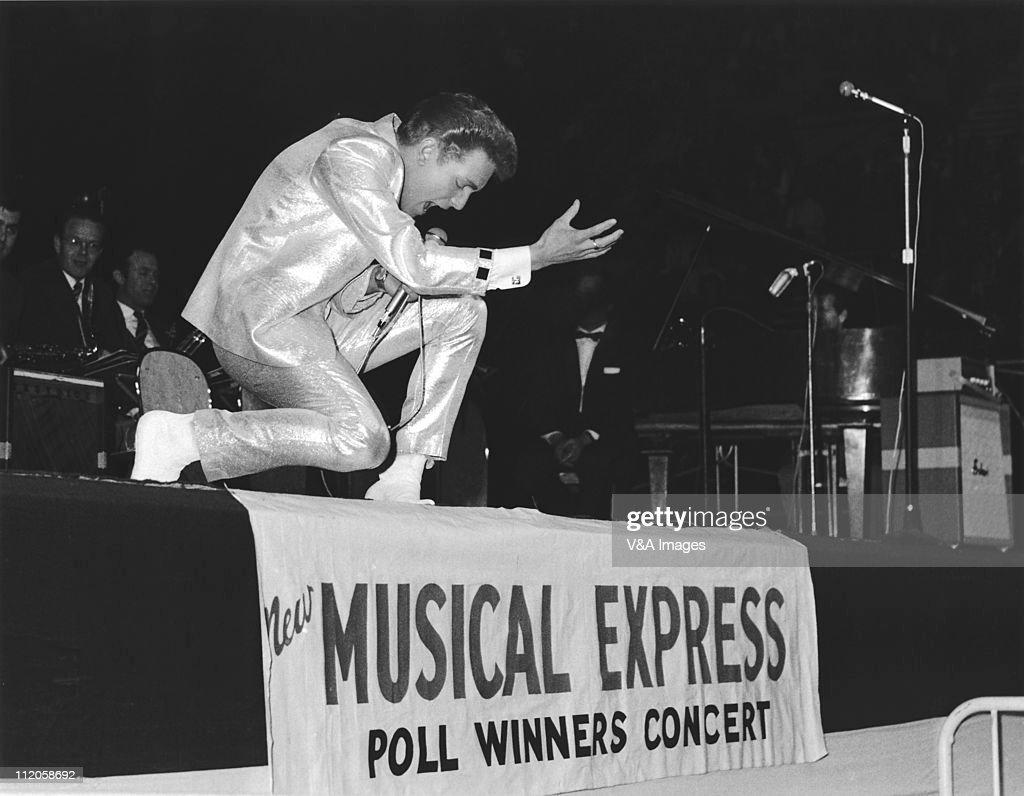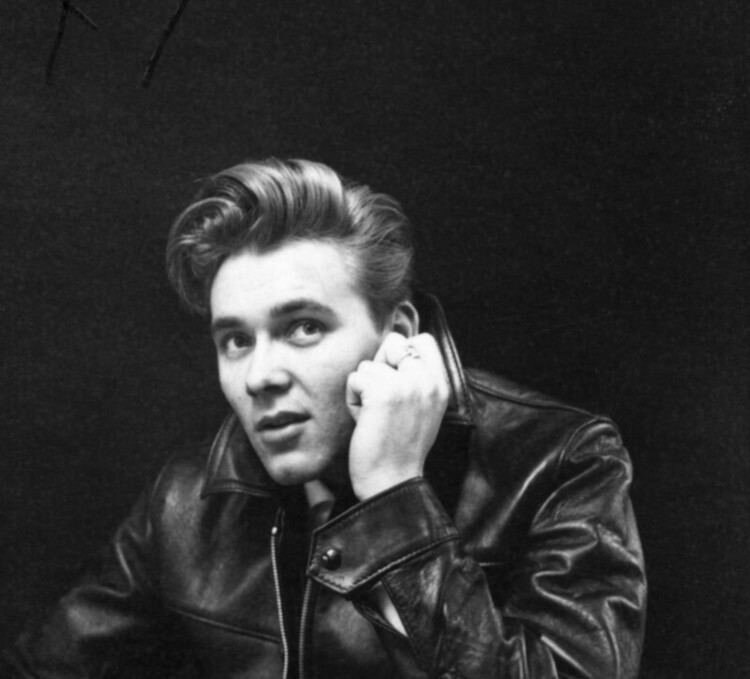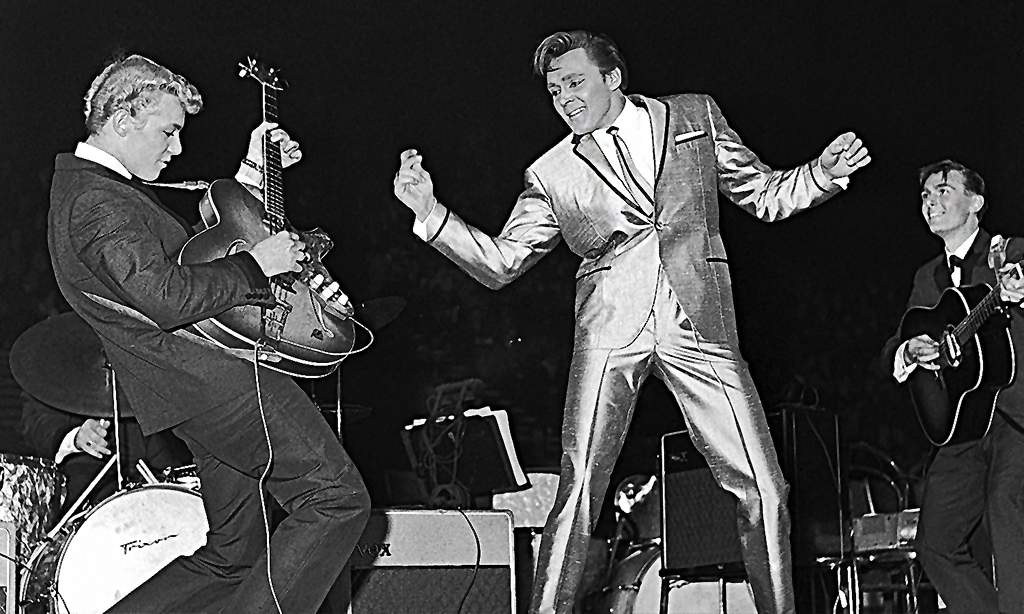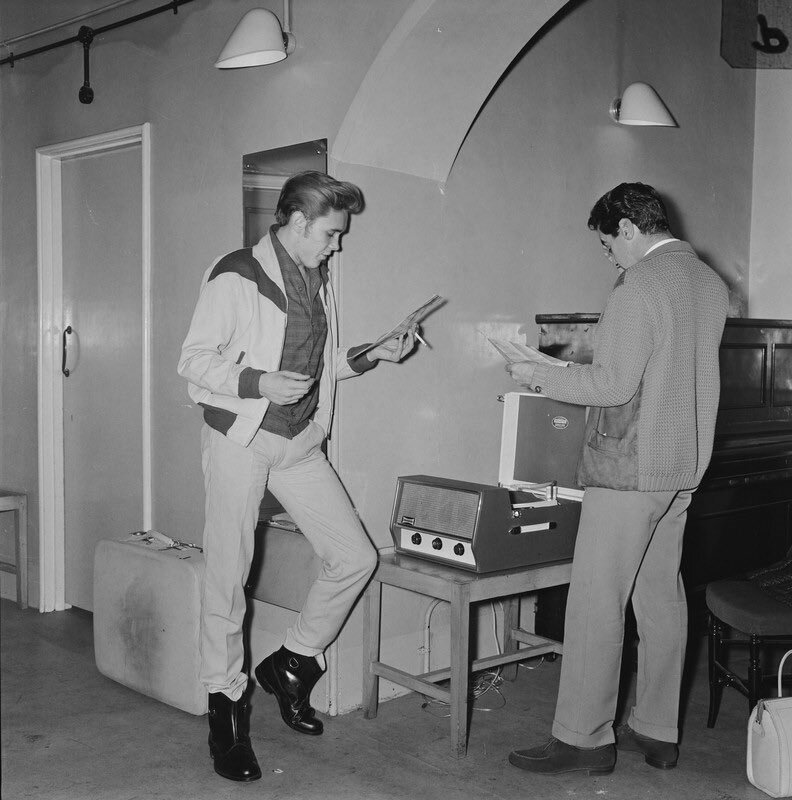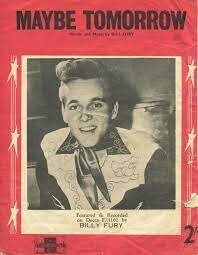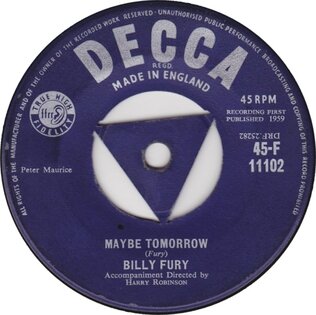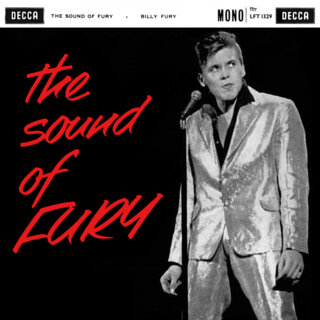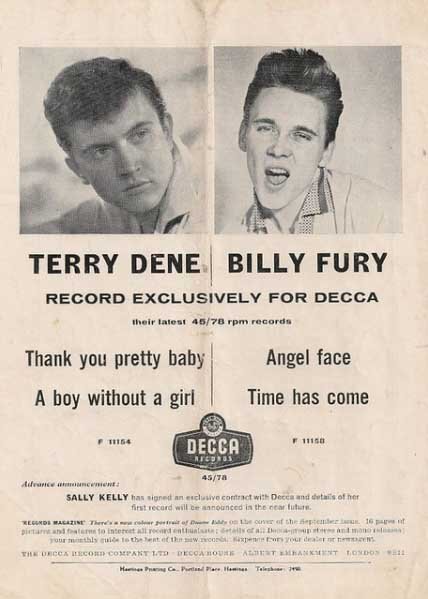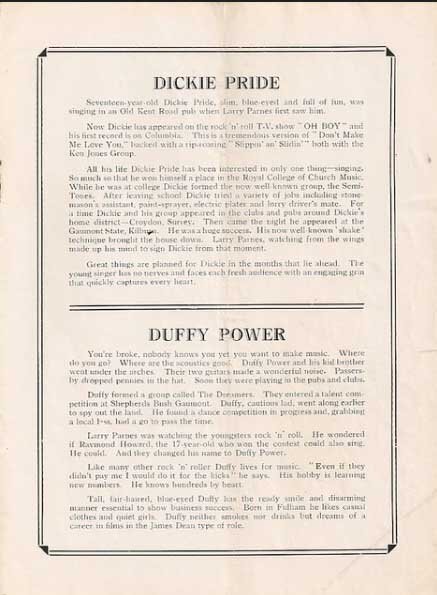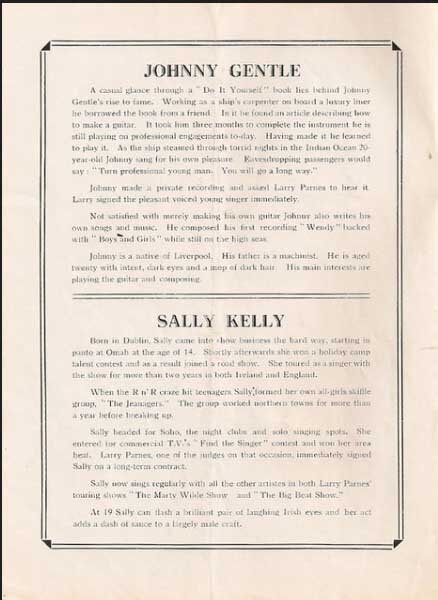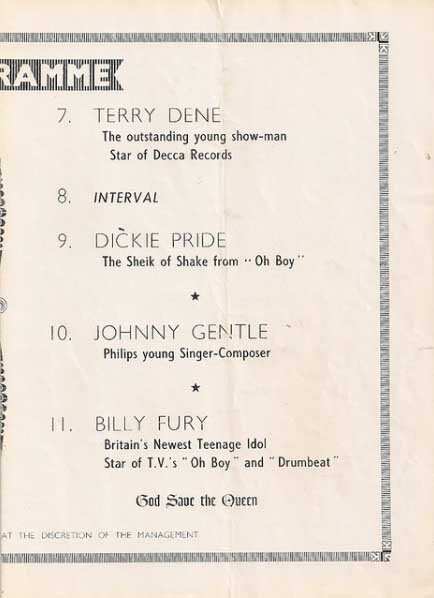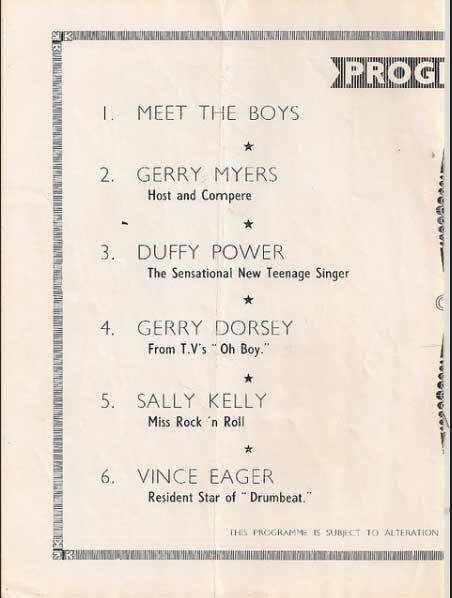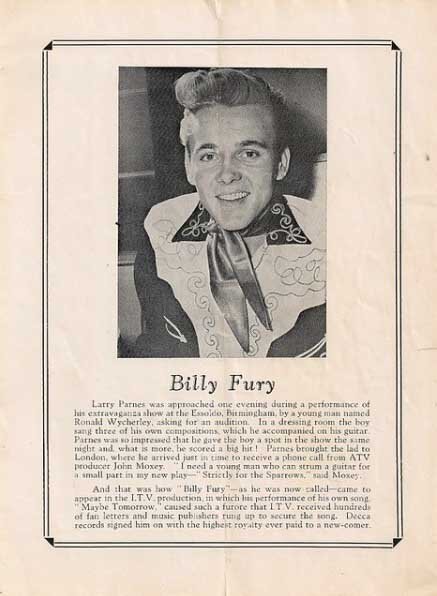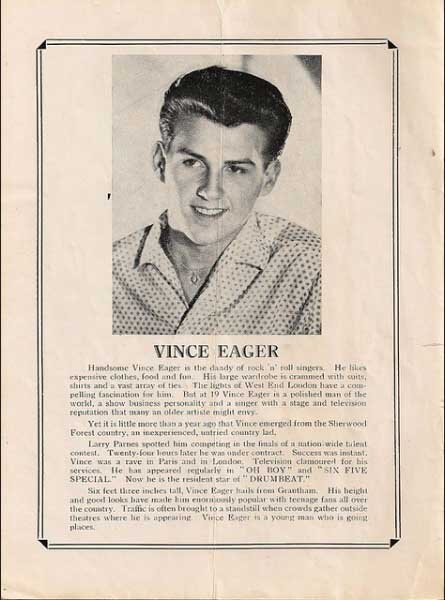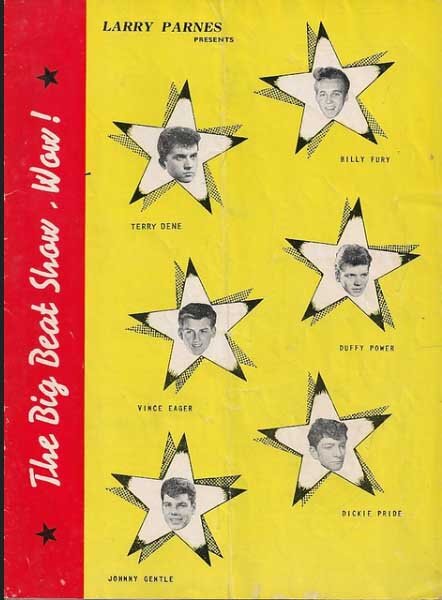On this day, 4 July 1960, British rock ‘n’ roller Billy Fury played the first of five dates at Cardiff’s New Theatre.
Born Ronald Wycherley (17 April 1940 – 28 January 1983), but better known as Billy Fury, he was an English musician and actor.
An early star of rock and roll, he equalled the Beatles' record of 24 hits in the 1960s and spent 332 weeks on the UK chart. His hit singles include "Wondrous Place", "Halfway to Paradise" and "Jealousy". Fury also maintained a film career, notably playing rock performers in Play It Cool in 1962 and That'll Be the Day in 1973.
AllMusic journalist Bruce Eder stated that Fury's "mix of rough-hewn good looks and unassuming masculinity, coupled with an underlying vulnerability, all presented with a good voice and some serious musical talent, helped turn [him] into a major rock and roll star in short order". Others have suggested that his rapid rise to prominence was due to his "Elvis-influenced hip swivelling and, at times, highly suggestive stage act".
He released his first hit single for Decca, "Maybe Tomorrow", in 1959. He also appeared in a televised play Strictly for Sparrows, and subsequently on Oh Boy! In March 1960, he reached No. 9 in the UK Singles Chart with his own composition "Colette", followed by "That's Love" and his first album The Sound of Fury (1960),[8] which featured a young Joe Brown on lead guitar, with backup vocals by the Four Jays.


